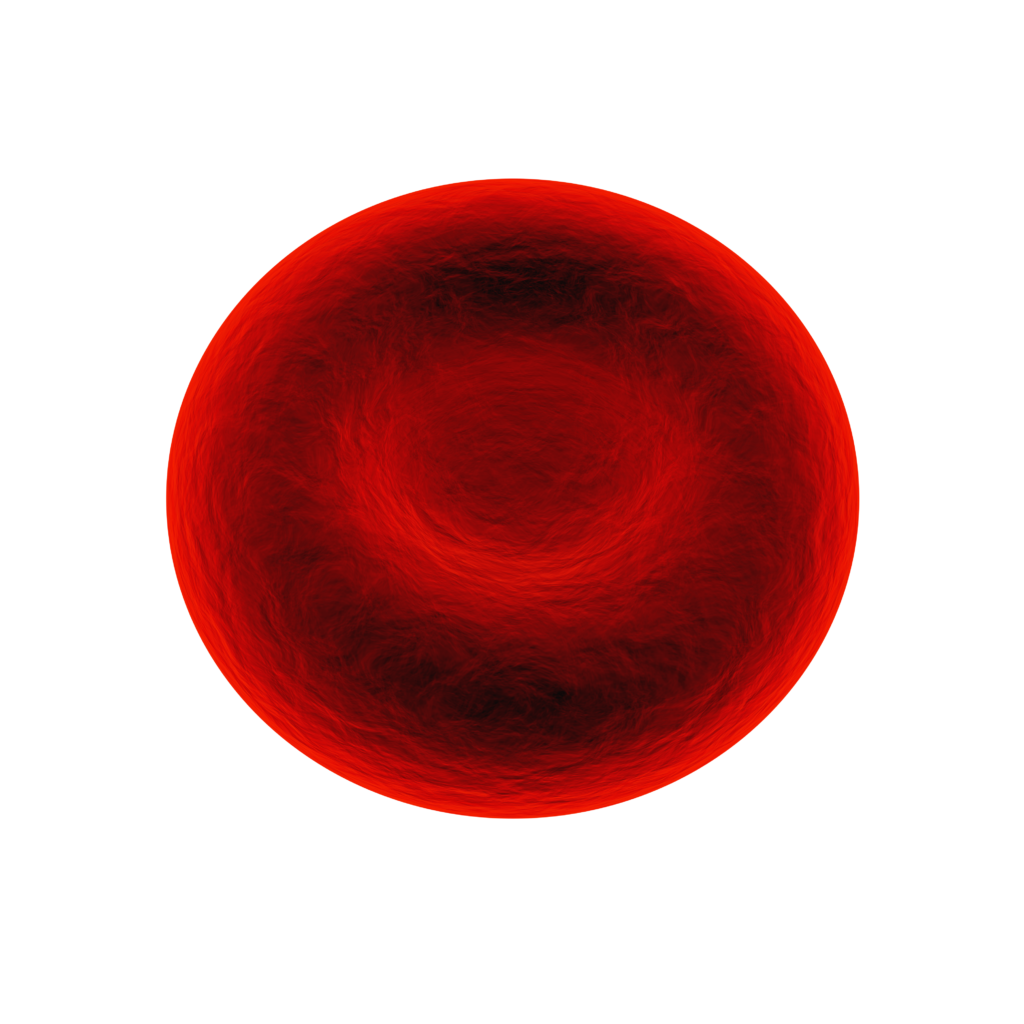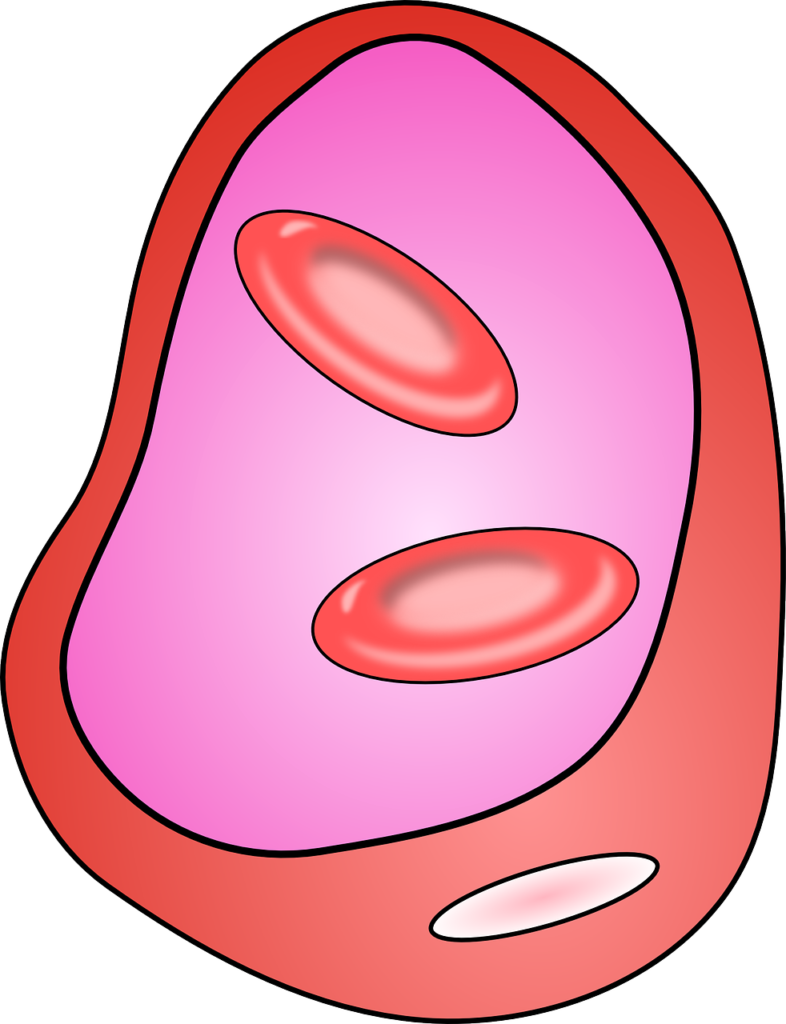How is PNH diagnosed?
Despite the fact that PNH patients who have access to treatment are in an enviable position, the “diagnostic odyssey” which affects rare diseases generally, equally applies to PNH. General Practitioners and haematologists need to be able to recognise a disparate set of symptoms, such as anaemia, stomach and back pain, dysphagia (difficulty swallowing), jaundice, breathlessness, erectile dysfunction, severe fatigue and dark or red coloured urine.

As not all patients experience all these symptoms and especially, perhaps the most telling one, dark/red coloured urine, the recurrent stomach pain can send patients down a urology and/or gastroenterology pathway for years at a time. Anorexia has been another misdiagnosis resulting from weight loss due to difficulty swallowing as a result of the dysphagia (which results from the free haemoglobin from the damaged red cells binding and removing nitric oxide). Complications caused by PNH prior to diagnosis can lead to irreparable damage which is why diagnosis and/or referral to a PNH specialist in a timely manner, is vital.

blood sample
To confirm a diagnosis of PNH, a blood sample can be sent to a specialist laboratory to check whether it contains any PNH blood cells using a test called “flow cytometry”. This shows the percentage of red and white PNH cells in the blood. It is more accurate for white blood cells during or just after an episode of haemolysis or a blood transfusion.
There are different treatments that those living with PNH may require. Some people, especially those with a small PNH clone may require little or no treatment.
